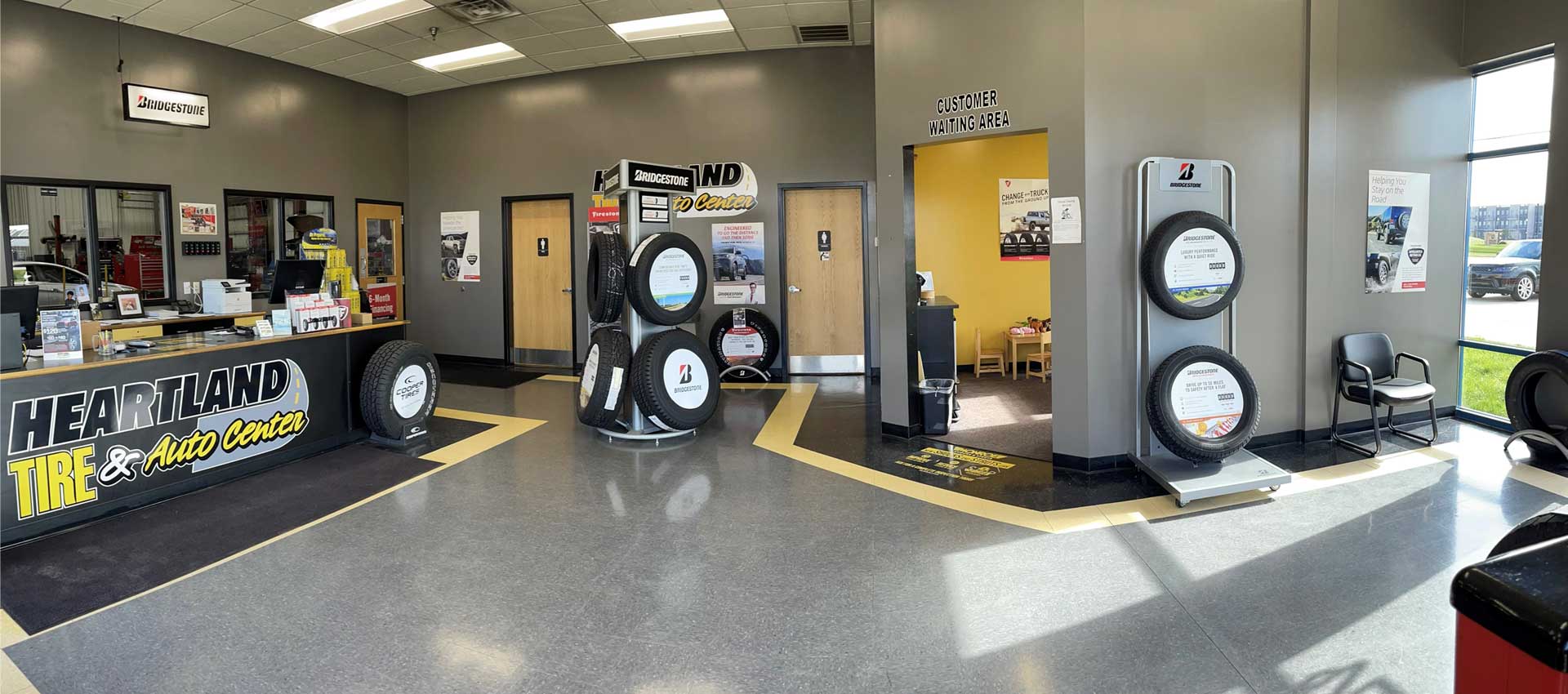Tire Solution: Recognizing Tire Stress Surveillance Equipments
Comprehending Tire Pressure Monitoring Equipments (TPMS) is a crucial facet of keeping ideal vehicle efficiency and security on the road. With advancements in auto innovation, TPMS has come to be a common feature in modern-day automobiles, offering real-time details on tire pressure degrees. Digging much deeper into the intricacies of TPMS, one can reveal the different parts that comprise this system and the importance of each in making certain accurate surveillance. From direct to indirect TPMS systems, the landscape of tire pressure tracking is varied, each with its special collection of benefits and factors to consider. Stay tuned to unwind the complexities of TPMS, from maintenance pointers to the undeniable benefits of maintaining your tires correctly blew up. mopar tire service specials.

Importance of TPMS
The importance of Tire Stress Surveillance Equipments (TPMS) lies in their ability to improve automobile safety and security and performance through real-time monitoring of tire pressure levels. Preserving the right tire stress is critical for ensuring optimal handling, braking, and general security of an automobile. TPMS supplies vehicle drivers with prompt responses on any kind of underinflated or overinflated tires, allowing for timely adjustments to be made.
Components of TPMS
Comprising numerous necessary aspects, a Tire Pressure Tracking System (TPMS) functions as an innovative security feature in contemporary vehicles. The major components of a TPMS consist of sensors, a control component, and a warning indication. Sensors are typically situated in the tire valve stem or affixed to the wheel assembly, where they determine tire pressure and transfer information to the control module. The control component processes this details and sets off a caution if it spots dramatically low stress in any one of the tires. The caution indication, typically a symbol on the dashboard, informs the motorist to inspect the damaged tire or tires. Some advanced TPMS models also show the real tire stress readings for every tire, giving drivers with real-time info to make certain optimal tire performance and security. By checking tire stress continuously, TPMS helps stop crashes, lowers tire wear, and improves fuel effectiveness, making it a vital part for vehicle safety and performance.
Types of TPMS

On the various other hand, indirect TPMS counts on the lorry's wheel speed sensors to monitor tire pressure. This system detects underinflation by contrasting the rotational speeds of the wheels. Indirect TPMS is visit homepage less pricey than direct TPMS, as it makes use of existing sensors within the automobile.
While direct TPMS uses more precise analyses, indirect TPMS is simpler in style and typically needs much less maintenance. Both systems have their advantages and constraints, and the option in between them often depends upon variables such as cost, automobile make, and individual preference. Comprehending the distinctions in between these two kinds of TPMS can aid lorry owners make notified choices regarding tire maintenance and security.
TPMS Upkeep Tips
Conduct routine checks on the tire stress levels and contrast them with the TPMS analyses to ensure they are consistent. During tire turning or substitute, make sure that the TPMS parts are managed carefully to stop any possible damage. If the TPMS cautioning light brightens on the dashboard, resolve the issue immediately by checking the tire pressures and the total system for any mistakes.
Advantages of Proper Tire Stress
Preserving proper tire stress, as highlighted in TPMS Maintenance Tips, is essential for reaping the numerous advantages connected with optimal tire stress levels. Additionally, correct tire pressure ensures also tire wear, prolonging the lifespan of the tires and advertising much safer driving conditions. In verdict, the benefits of correct tire pressure go past simply tire longevity; they incorporate enhanced gas effectiveness, enhanced security, better lorry performance, and total driving comfort.
Verdict
To conclude, understanding tire stress monitoring systems (TPMS) is vital for maintaining optimum tire pressure and making certain car safety and security. By acknowledging the relevance of TPMS, recognizing with its parts, knowing the different kinds available, sticking to correct maintenance ideas, and realizing the benefits of keeping appropriate tire stress, chauffeurs can boost their driving experience and lengthen the life-span of their tires. Proper tire pressure is crucial to secure and efficient vehicle operation.

Comments on “Discover Exclusive Mopar Tire Service Specials in Morris Today”